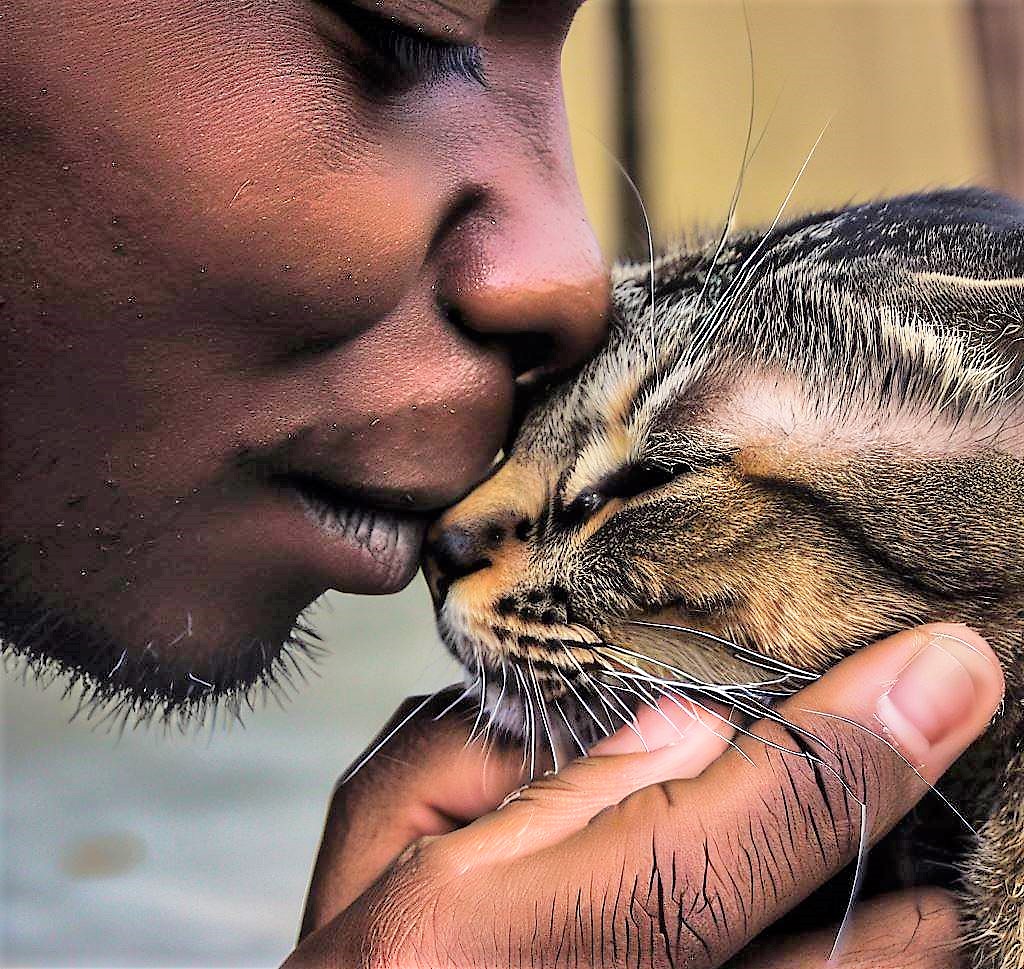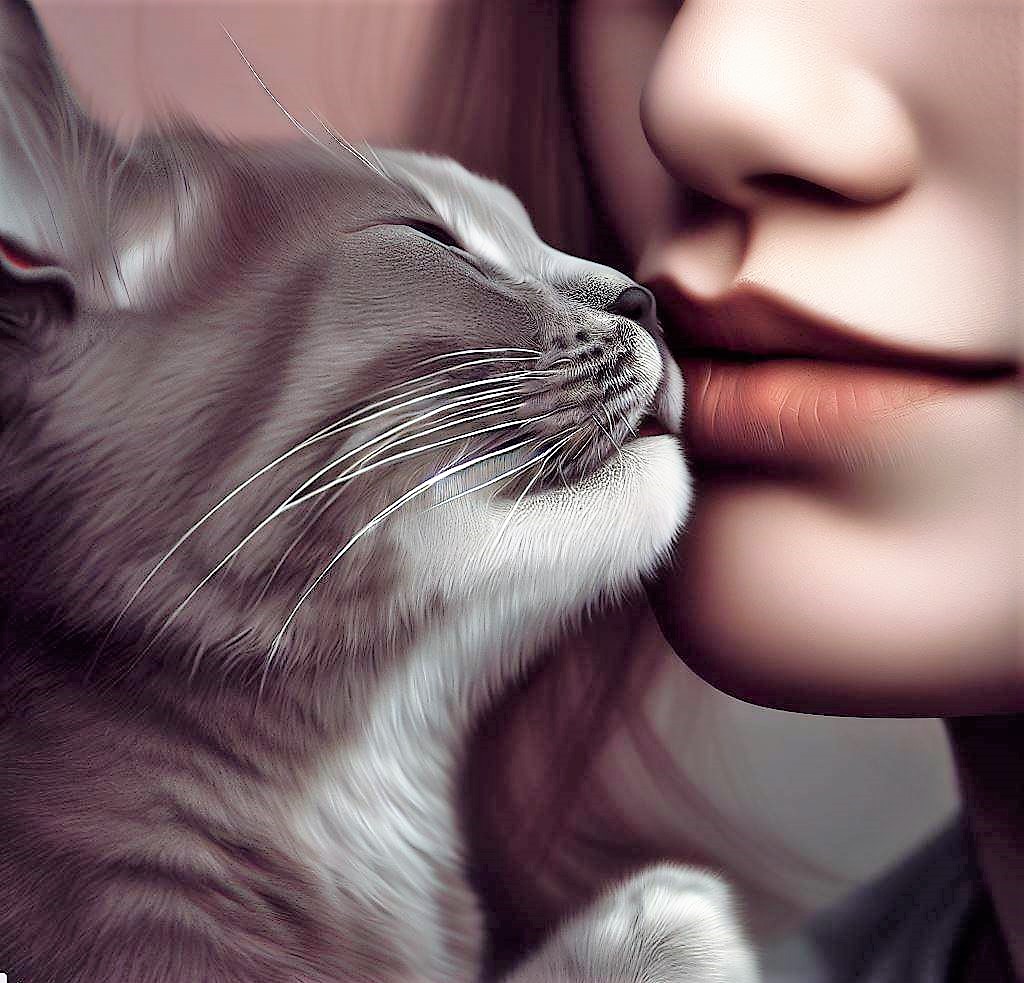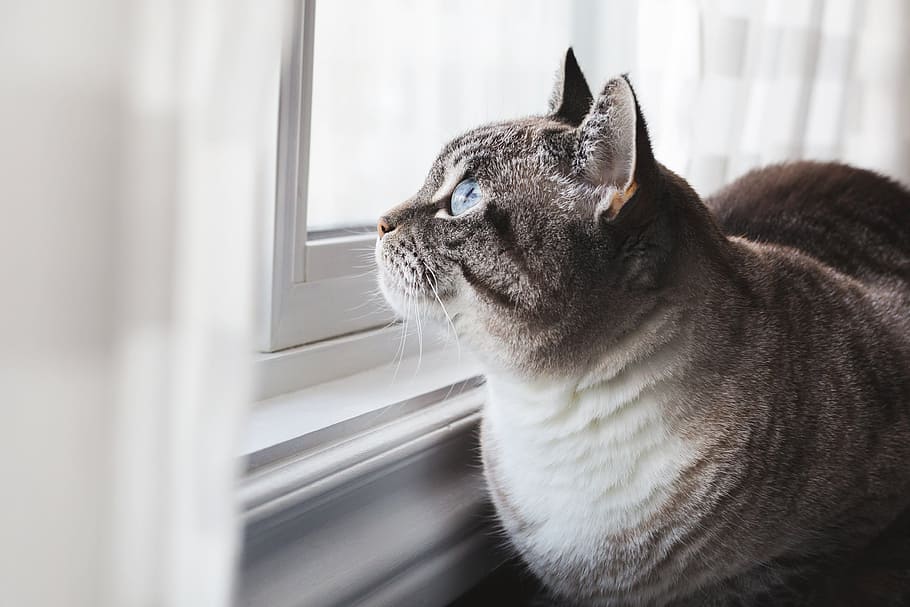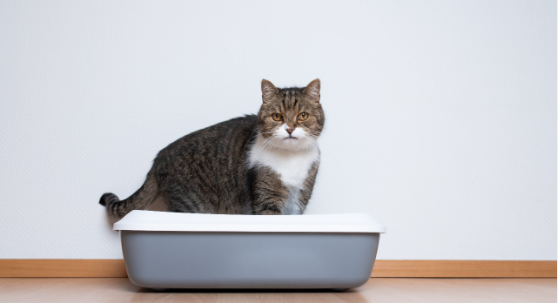Do Cats Know When You Kiss Them?
As cat lovers, we often wonder if our feline friends understand our displays of affection, like a gentle
kiss on their furry heads. However, to truly connect with our cats, it’s crucial to learn their unique
communication styles and decipher how they perceive our actions. In this article, we’ll delve into
whether cats comprehend human kisses and explore alternative ways to express love that resonate
better with their behavior.
Cats and Human Kisses: Do They Get It?
Cats and humans communicate differently due to being separate species, with their own unique
ways of expressing emotions.As a result, cats might not understand the concept of a human kiss as a form of affection. They don’t have an equivalent gesture in their natural behaviour, making it difficult
for them to grasp our intentions. Moreover, some cats may even react negatively to kisses, feeling threatened or anxious due to the proximity of our faces. It’s essential to consider these factors before planting a smooch on your beloved kitty.
How Cats Express Love and Affection
Cats have their distinct ways of showing love and affection, which might seem subtle to humans but
are meaningful in their world:
- Head butting: When a cat rubs its head against you, it’s marking you with its scent glands,
showing trust and claiming you as part of its family. - Purring: A cat’s purr is often a sign of contentment and relaxation, especially when cuddling
with their favorite humans. - Kneading: Cats knead their paws on soft surfaces, including your lap, as a sign of comfort
and affection, stemming from their kittenhood nursing behavior. - Slow blinking: A cat’s slow blink, often called a “kitty kiss,” is a sign of trust and relaxation,
indicating that they feel safe in your presence. - Cuddling and snuggling: Cats choose to cuddle with people they trust, so if your cat curls up
on your lap or beside you, it’s a sign of love. - Alternative Ways to Show Your Cat Love
- To bridge the communication gap between you and your cat, consider these alternative ways to
express your love: - Petting and grooming
Grooming is an essential social behavior among cats, so petting and brushing your cat can be an
effective way to bond. Focus on areas they enjoy being touched, like the base of the tail or behind
the ears. - Interactive playtime
Playing with your cat using toys and engaging in play sessions can strengthen your bond and
provide mental and physical stimulation. Set aside time each day for interactive play to keep your cat
entertained and connected.
One-on-one time and attention
Spending quality time with your cat, respecting their boundaries, and learning to recognize their
signs of affection and contentment will help deepen your bond. Be patient and allow your cat to
approach you on their terms. This will show do cats know when you kiss them!
Expert Opinions and Research Findings
Insights from animal behaviorists and studies on cat-human bonding can provide valuable
information on feline affection. For instance, research has shown that cats form secure attachments
to their human caregivers, similar to dogs and even human infants. By understanding these findings,
cat owners can better interpret their cat’s behavior and emotions.

Frequently Asked Questions (FAQ)
Q: How can I tell if my cat is happy with me?
A: Look for signs like purring, head butting, kneading, slow blinking, and seeking your company as
indicators of happiness and contentment.
Q: Can cats learn to understand human affection in different forms?
A: While cats may not naturally understand all human expressions of affection, they can learn to
associate certain actions with positive experiences over time. Building trust and maintaining a
consistent routine can help your cat feel more comfortable with various forms of affection.
Q: Is it harmful to kiss your cat on the head or face?
A: Although it’s not inherently harmful, some cats may feel threatened or uncomfortable with human
kisses. Always observe your cat’s body language and respect its boundaries. Additionally, keep in
mind that human saliva can carry bacteria potentially harmful to cats, so it’s best to avoid kissing
them on the face.
Q: How can I help my cat feel more comfortable with physical affection?
A: Patience, consistency, and respecting your cat’s personal space are crucial. Allow your cat to
approach you on their terms, and reward them with treats or positive reinforcement when they
engage in affectionate behaviours.
Cats may not inherently understand human kisses as a form of affection, but they do have their ways
of expressing love. As cat owners, it’s essential to learn and adapt to their unique communication
styles. By finding alternative ways to show your cat love, like petting, grooming, and spending quality
time together, you can build a strong bond with your feline companion. Remember to be patient and
respect your cat’s boundaries while deepening your understanding of their behavior and emotions.
Conclusion
Cats may not inherently understand human kisses as a form of affection, but they do have their ways of expressing love. As cat owners, it’s essential to learn and adapt to their unique communication styles. By finding alternative ways to show your cat love, like petting, grooming, and spending quality time together, you can build a strong bond with your feline companion. Remember to be patient and respect your cat’s boundaries while deepening your understanding of their behaviour and emotions.




